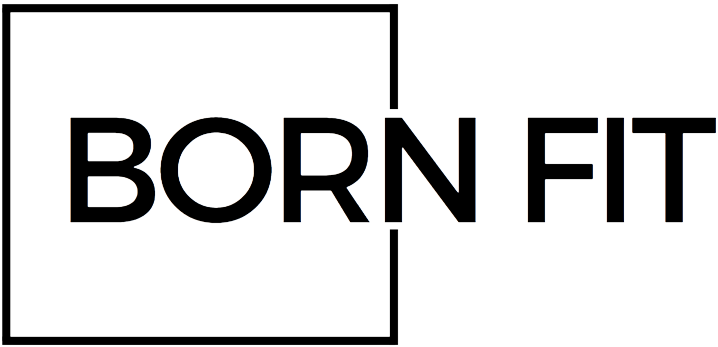The Essential Role of Occupational Rehabilitation in Workplace Injury Recovery
Workplace injuries can be a significant setback for employees and employers alike. They often lead to lost productivity, emotional distress, and a prolonged journey back to health. This is where the role of a dedicated rehabilitation provider becomes crucial. Occupational rehabilitation is an essential service that helps injured workers or injured persons to return to their jobs safely and effectively.
Understanding Occupational Rehabilitation
Occupational rehabilitation refers to a set of services designed to assist individuals who have sustained work-related or Motor Vehicle Accident (MVA)-related injuries or illnesses. The goal is not only to restore health but also to optimise functionality, reduce disability, and ensure the individual can return to work. Rehabilitation providers are skilled professionals who develop tailored plans that address the unique needs of each case.
The Recovery Pathway
Rehabilitation providers work closely with the injured workers, their employers, healthcare providers, and insurers to coordinate a comprehensive recovery pathway. This collaborative approach ensures everyone is on the same page regarding treatment plans, return-to-work strategies, and timelines for recovery.
Personalised Rehabilitation Plans
A key component of occupational rehabilitation is the development of personalised rehab plans. These plans consider the nature of the injury, the demands of the worker's job, and the individual's personal circumstances. Rehabilitation providers utilise evidence-based practices to craft these plans, which may include psychological counseling, workplace modifications, and return to work programs.
Overcoming Barriers to Return to Work
One of the significant roles of rehabilitation providers is identifying and overcoming barriers to return to work. These barriers can be physical, such as limited mobility, or psychological, including fear of re-injury. Providers use various strategies to address these barriers, ensuring a smoother transition back to the workplace.
Ensuring a Safe and Sustainable Return
Safety is paramount when it comes to returning an employee to work after an injury. Rehabilitation providers conduct thorough assessments to ensure the individual is physically and mentally prepared to resume their duties. They also work with employers to modify tasks or provide assistive devices that promote a safe and sustainable return to work.
The Bottom Line
Occupational rehabilitation is an essential service that benefits all stakeholders involved in workplace injury recovery. By leveraging the expertise of rehabilitation providers, injured workers can look forward to a future where they can return to their jobs with confidence and continue contributing to their workplace effectively.
As a dedicated rehabilitation provider, Born Fit is committed to delivering high-quality occupational rehabilitation services. Our approach is holistic, considering both the physical and psychological aspects of recovery. If you're facing the challenge of navigating workplace injury recovery, reach out to Born Fit. Let us guide you back to work safely and successfully.
